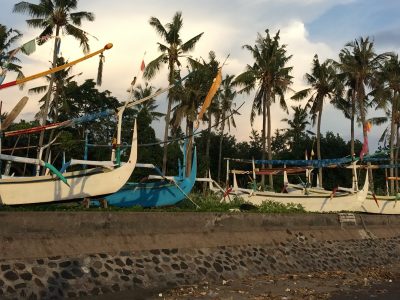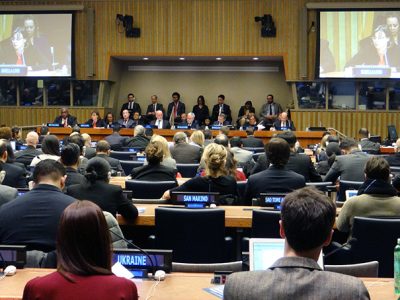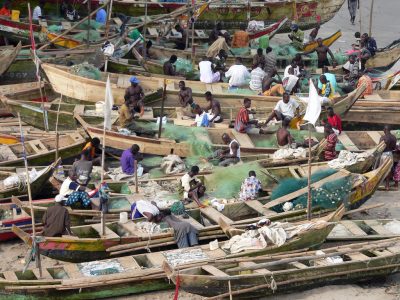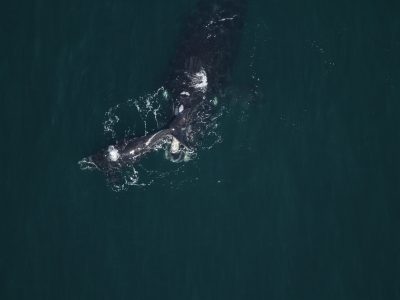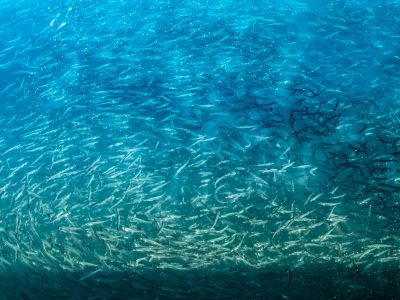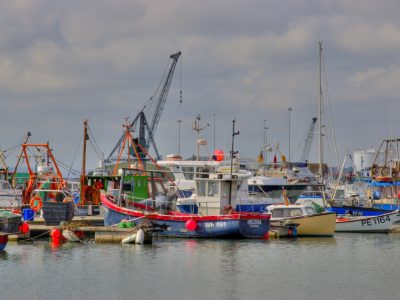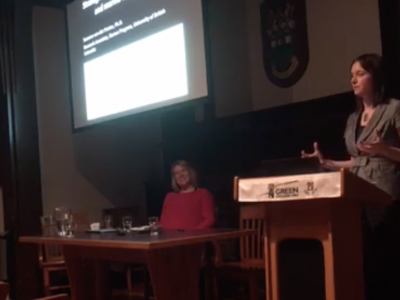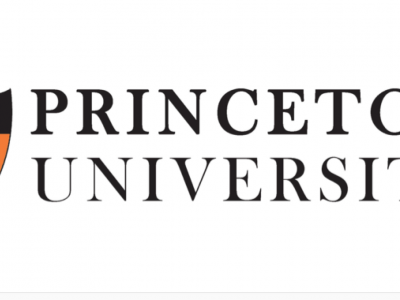Mangroves, fisheries, and community livelihoods: Conducting fieldwork in Indonesia
Mangrove forests, made up of shrubs and trees with sprawling roots that grow in salt water, provide many services to humans and marine ecosystems. They sequester carbon, pulling it from the atmosphere, and prevent erosion of coastal areas. Due to their unique characteristics, mangrove forests provide an important source of food and shelter for marine species, including many important fisheries. Mangroves cover 150,000 km² of coastline in tropical and warm temperate regions around the world. Rachel Seary, Nereus Fellow at Cambridge/UNEP-WCMC, is currently conducting research to understand both the direct benefits that mangroves have on communities living and fishing within their vicinity and also the indirect benefits that mangroves may have on coastal fisheries productivity in Bali, Indonesia.



